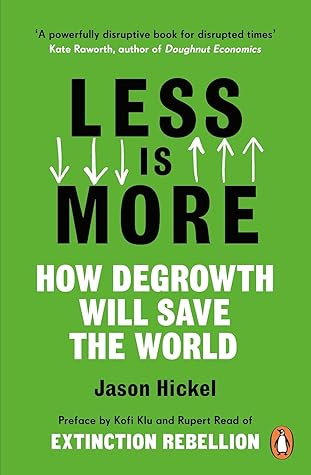Back in 1865, during the Industrial Revolution, the English economist William Stanley Jevons noticed something rather strange. James Watt had just introduced his steam engine, which was significantly more efficient than previous versions: it used less coal per unit of output. Everyone assumed that this would reduce total coal consumption. But oddly enough, exactly the opposite happened: coal consumption in England soared. The reason, Jevons discovered, was that the efficiency improvement saved money, and capitalists reinvested the savings to expand production. This led to economic growth – and
...more
Welcome back. Just a moment while we sign you in to your Goodreads account.


